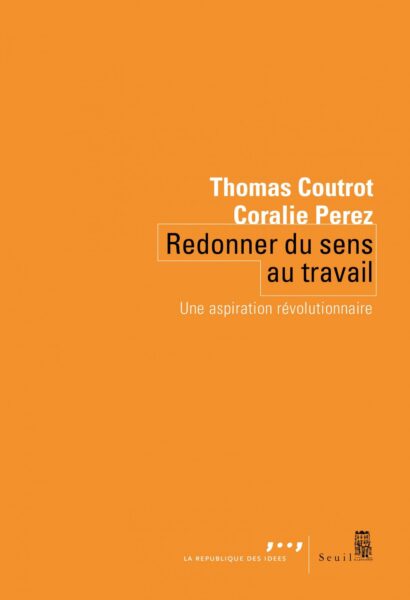This article describes how French firms have allocated their added value between profits and wages over the last 30 years. Gilbert Cette argues that it is basically wrong to state that the fruits of growth have mainly been channelled into profits; instead, the proportions have remained relatively stable for the last 15 years at levels comparable to those observed before the first oil crisis.
However, on the profit side, it is shareholders (whose injection of capital is a prerequisite for growth) who have gained from the fall in financial costs, arising mainly from lower interest rates. Yet, Gilbert Cette argues, this does not presuppose the changes in future because this pattern is the result of unusually low interest rates, and when rates rise, as is likely, this may well lead to new tensions about how the added value is shared out.
Cet article fait partie de la revue Futuribles n° 321, juil.-août 2006



